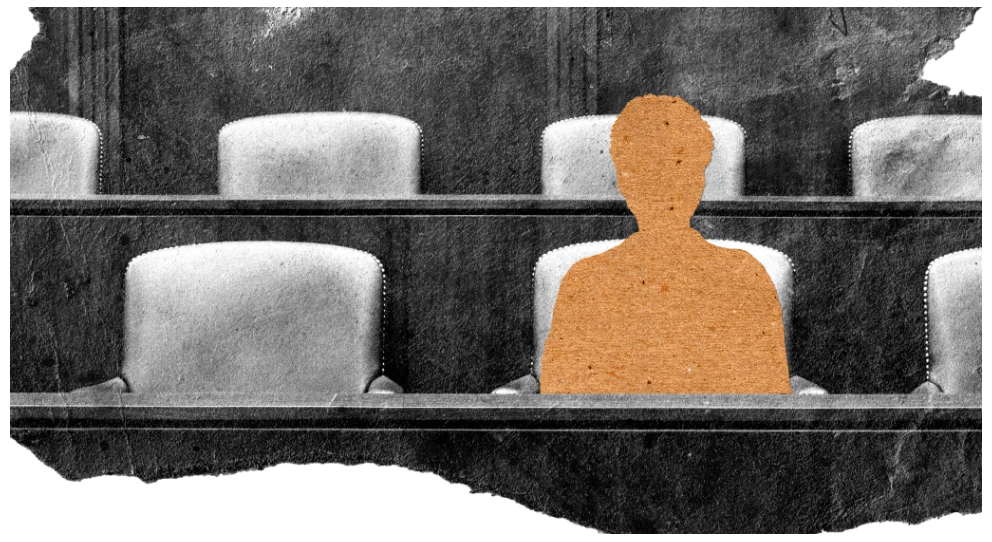San Francisco looks to triple the trouble for owners of ‘substandard’ buildings

Bornstein Law has always admonished rental property owners to maintain their units in habitable condition and to respond to repair requests promptly. A rental unit need not be in pristine condition but must adhere to minimal standards; the premises must be in liveable condition.
This raises the question of what liveable conditions are. To answer that, we have to decide whether state or local law applies.
Under the doctrine of California’s implied warranty of habitability, all residential units statewide must be fit for “human habitation” throughout the duration of the lease. This obligation cannot be waived. California Civil Code 1941.1 outlines these standards, but like other aspects of landlord-tenant law, some municipalities have enacted greater protections.
San Francisco goes a step further by enacting its own, more cumbersome rules relating to building safety, habitability, and regulatory standards. Rather than just taking on properties that are unfit for human habitation, San Francisco has invented the term “substandard buildings.” Just exactly what does this term mean?
Traditionally, San Francisco’s Department of Building Inspection (DBI) is the government agency responsible for ensuring that building owners keep their housing units up to the standards in the Housing Code and enforce the Code by issuing notices of violation and seeking administrative penalties.

Yet under a new ordinance proposed by San Francisco Supervisor Myrna Meglar, the Housing Code would be amended to authorize tenants to sue building owners to enforce substandard housing conditions. It will be left up to a jury or judge to decide whether a rental unit is up to par or is in substandard condition.
Pointing out the obvious that certain vulnerable people exposed to poor housing conditions suffer various detriments, “the Board of Supervisors finds it appropriate and in the public interest to allow a trier of fact to award up to triple damages in those situations where a child, senior or persons with a disability has experienced such harms,” the drafted legislation reads.
Supervisor Meglar, who has reportedly called for firing all police officers and for not enforcing drug laws, has cleverly framed the ordinance to create a very real risk that tenants can put housing providers out of business. This is a favorite strategy out of the playbook of tenant advocates. Legislation is entitled The Renters Justice Act, Prevent Homelessness Act, Anti-Displacement Act, and so forth, as if housing providers are attempting to exploit others – which, as we know, is not the case.
We can speak on behalf of all of those in the rental housing community that the mission is to provide safe, sanitary, secure, and affordable housing to residents and good landlords should not be stigmatized for the few bad apples that have been plastered on the front page of the news.
![]()
Nobody is against protecting seniors, children, and persons with disabilities. Certainly not us. But we do have several exceptions to the proposed ordinance.

A jury of your peers?
Section 1001 of San Franciso’s Building Code is extremely broad, ambiguous, and open to interpretation. Granted, some egregious cases are clear-cut cut like no heat, water pouring down from the roof, and rat infestation.
But what if the rental unit is habitable and it’s just less than ideal? A sympathetic jury may side with the tenant, deem the unit substandard, and award a massive judgment because they don’t like the landlord and have some empathy for the tenant, whether or not the property owner has fulfilled their obligations under the law.
They can decide on emotion rather than impartially evaluate the facts of the case. A wonderful senior couple raising their grandchildren will tend to win the hearts of jurors.
This author [of this section] is a former disaster housing inspector for the Federal Emergency Management Association (FEMA), and was on the front lines in Hurricanes Katrina and Wilma, when there was a clear distinction between frivolous claims and people who genuinely needed help.
FEMA’s threshold for assistance was not to restore the property to pre-disaster condition; it was to make it safe, sanitary, and secure. Yet, I would often go out to calls for people who had their gardens damaged, or a pool cover that got blown away, among many other calls. I fielded many calls for items that were broken but didn’t impact habitability.
Indeed, there was fraud when people were tearing shingles off their roofs to get government money when evidence of leaning palm trees indicated hurricane-force winds were blowing in the opposite direction. Fraudulent applicants would claim their refrigerators were broken from a power surge when there were no telltale dark marks, and applicants even smashed toilets to falsely claim that debris flew in through the bathroom window.
The main takeaway: Whether the rental unit is in livable condition and what the landlord’s responsibility is will be left up to a judge or jury, and we find this to be a slippery slope.

The quintessential legal question is whether the rental unit is habitable, not whether the tenant has a perfect palace. We are concerned that responsible landlords who have met their obligations to provide decent housing nonetheless will be sued and face treble damages.
If this occurs, it is akin to an anti-harassment ordinances, which are proliferating throughout the Bay Area. It is already illegal for housing providers to lock tenants out, shut off utilities, enter a home without notice, and remove tenant belongings, but these anti-harassment ordinances add teeth to existing tenant protections.
In San Francisco, for instance, voters passed Proposition M, which defines and prohibits harassment and gives tenants remedies that range from a rent decrease to treble damages, a $1,000 fine for each offense, and even criminal penalties.
Locking tenants out of their homes is one thing, but continuing to rent a “substandard” unit (however defined) would be put on the same level.
The language contained in the ordinance states that while aggrieved tenants can sue their landlord for neglecting health and safety issues, the City Attorney’s Office will still take matters into their own hands and go after bad actors through their enforcement on behalf of specific tenants.
This is exactly what happened when the City sued owners of three single-room occupancy hotels in Chinatown after dozens of violations lingered.
We rarely agree completely with City Attorney David Chiu, one of the most prolific authors of tenant legislation during his earlier tenure as an elected politician, but there are a couple of points on which we can agree.
One is that most housing providers will fix problems when they are brought to their attention. Secondly, litigation is a last – and expensive – resort and we would much rather have open communication to resolve disputes than go to court.
Opportunistic attorneys will seize the opportunity. Being a tenant attorney can be more lucrative than being a personal injury attorney.
Barring egregious, high-profile cases, we are not particularly concerned that the City itself will sue landlords to make a statement, as Chiu did, or when the California Attorney General’s Office sues a landlord who preys upon vulnerable tenants in a state of emergency and is alleged to have violated price gouging laws.
Instead, we are most concerned about enterprising tenant attorneys who will sue housing providers for claims of substandard housing. We call these attorneys “shake-down artists.” Business was good for them in 2023 as some carved out a lucrative practice accusing landlords and their agents of housing discrimination. The threat of a lawsuit sometimes has been costly by causing rental property owners to settle after mistakenly and summarily denying tenancies to rental applicants with a housing voucher.
Parting thoughts
San Francisco landlords have always been swimming upstream in a complicated regulatory regime, but now the consequences of making mistakes have been enlarged. Treble damages could quite literally bankrupt many housing providers.
We don’t go to Lake Tahoe to gamble but if we did, we would bet that this ordinance will sail through the San Francisco Board of Supervisors. The Supervisors thus far have shrugged off opposition to the bill, reasoning that the ordinance merely is an affirmation of existing law without recognizing the economic consequences to landlords who are sued for the subjective, ambiguous, and loosely-defined term of having “substandard” housing.
We are troubled by this outsourcing of code enforcement to private parties, but this is the insanity we have to deal with and why property owners are leaving the Bay Area in droves to seek investment properties in places like Texas and Nevada that have regulations more friendly to our community.
